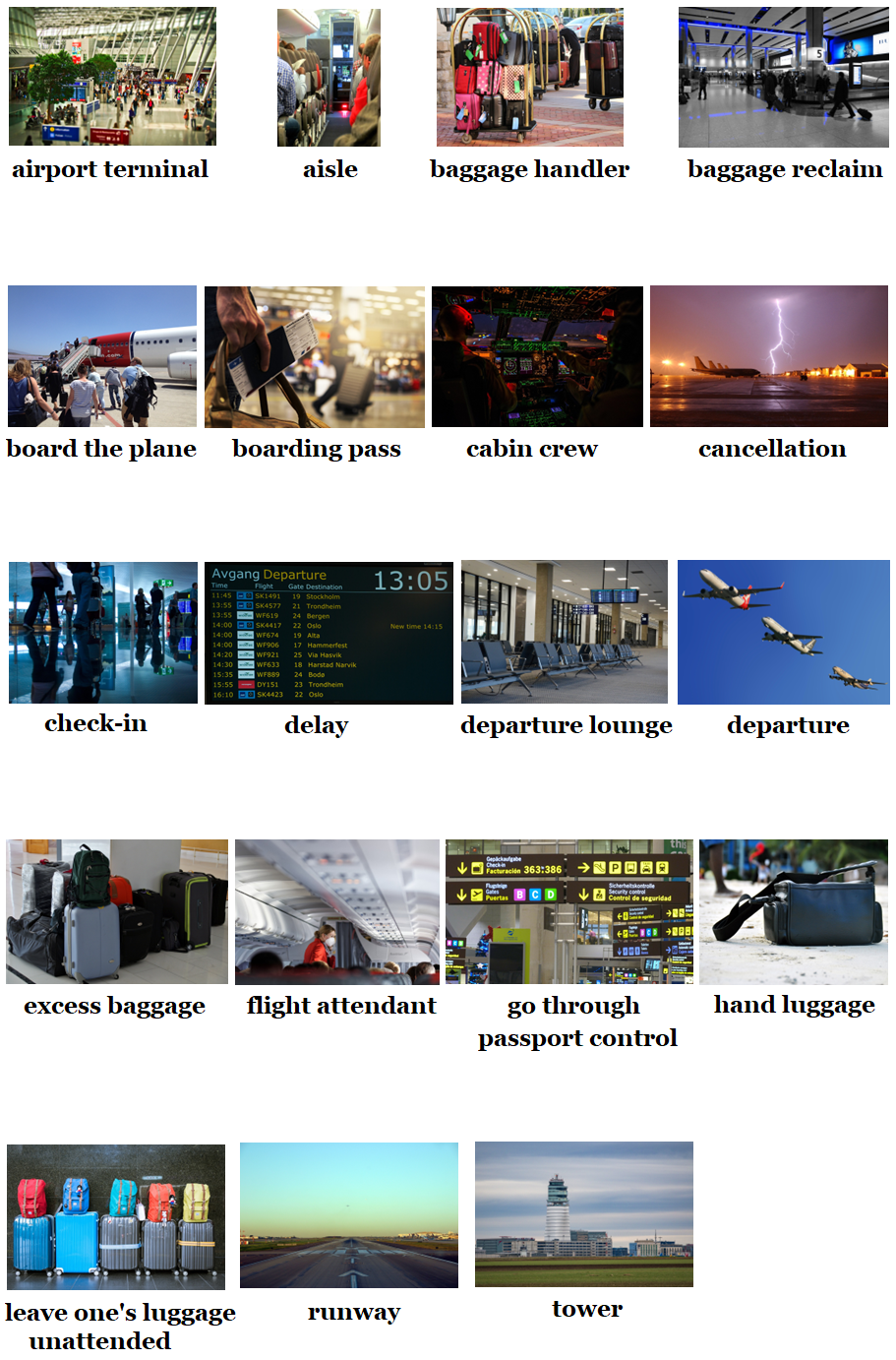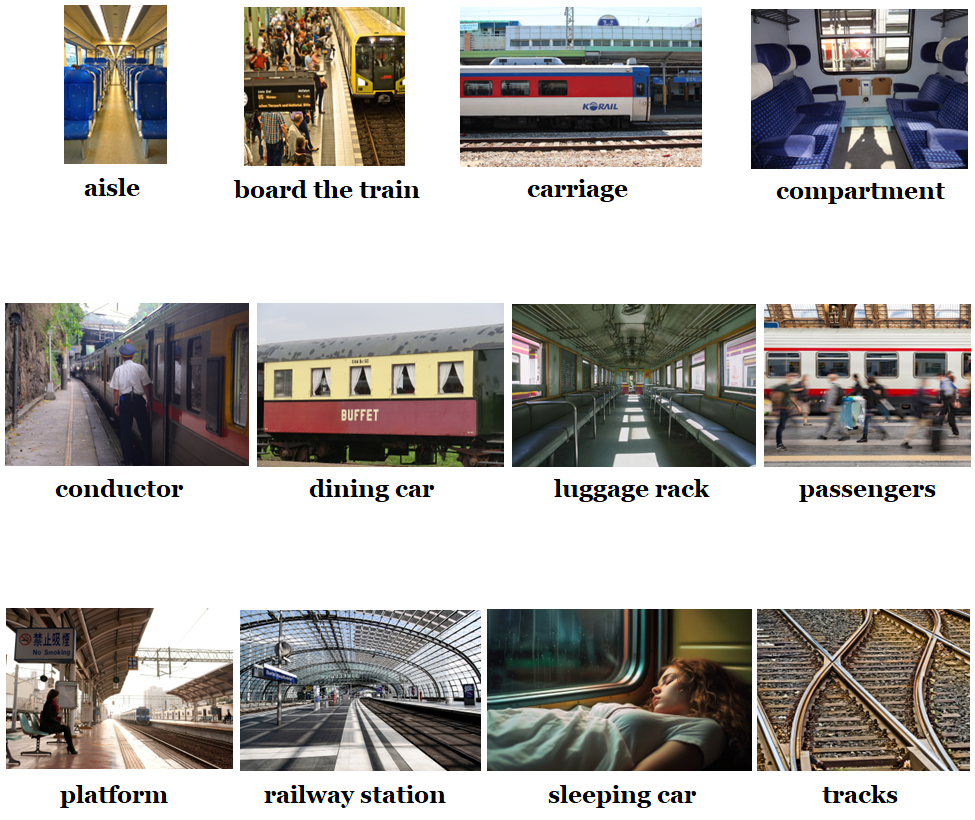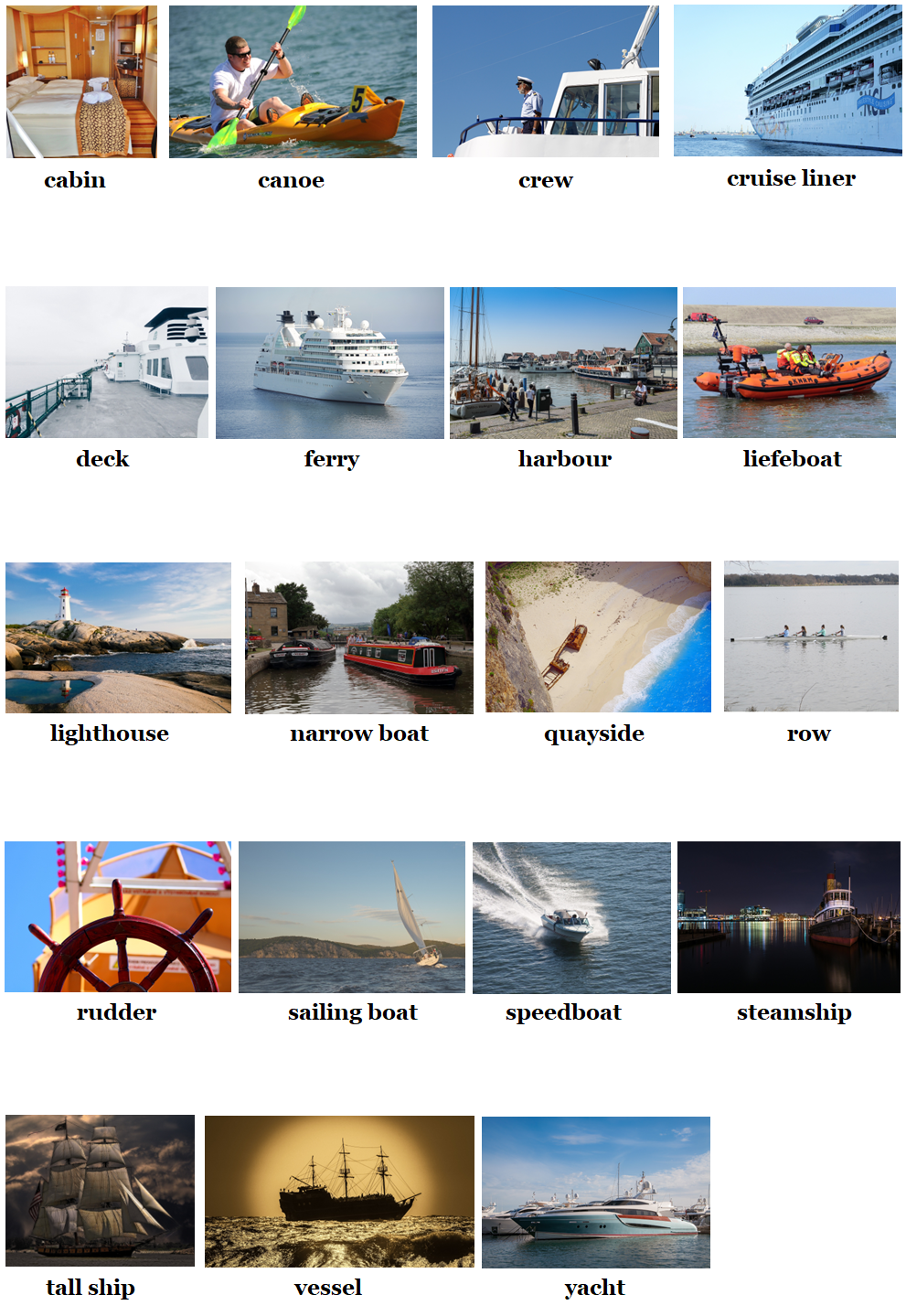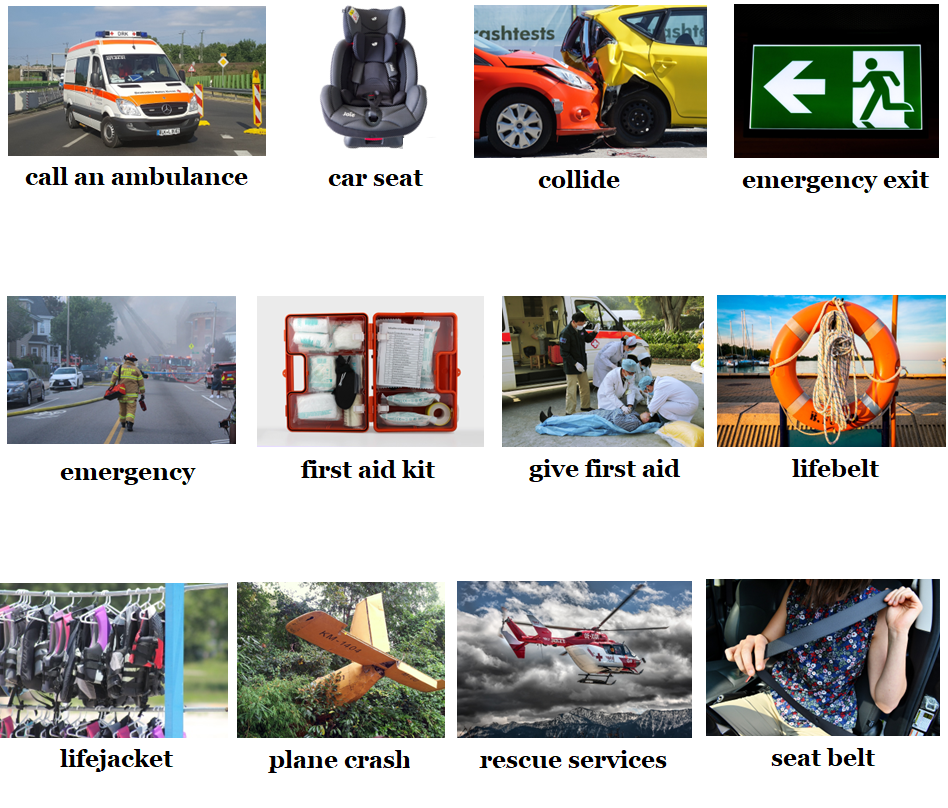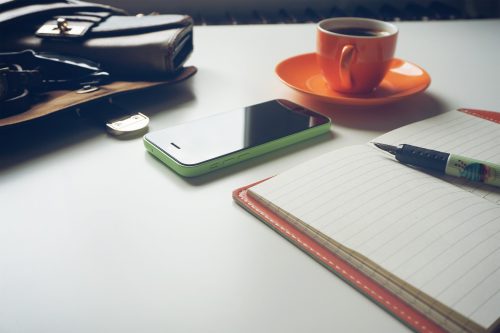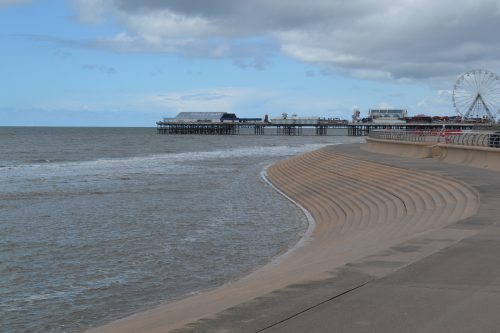
Matura z angielskiego – Słownictwo maturalne – Podróżowanie i turystyka (2)
Październik 2, 2023 Agata Pruszyńska
Zapraszam na drugą część słownictwa maturalnego z działu Podróżowanie i turystyka. Pierwsza część znajduje się tutaj – Podróżowanie i turystyka (1). W dzisiejszym wpisie omówię 4 kategorie tematyczne:
-
Podróż lotnicza (Air travel)
-
Podróż koleją (Rail travel)
-
Podróż morska (Sea travel)
-
Wypadki (Accidents)
Po części teoretycznej zapraszam Was na ćwiczenia, które dla Was przygotowałam. Znajdziecie je tutaj – Podróżowanie i turystyka (2) – Ćwiczenia.
1. Słownictwo maturalne – Podróż lotnicza
Let’s look at some tips for passengers which can be useful when they’re at the airport:
➡ Departure board (tablica odlotów) shows departure times, flight numbers and destination. If you’re not sure which flight is yours, you can ask someone at the check-in desk (stanowisko odpraw).
➡ If you choose an international flight, it’s good to arrive at the airport at least one and half hour before departure of your flight (odlot samolotu).
➡ Under no circumstances should you leave your luggage unattended (pozostawić bagaż bez opieki). It might be easily stolen.
➡ Your luggage can weigh about 20 kilos. If it’s heavier, you have to pay excess baggage (zapłacić za nadbagaż).
➡ Before your flight you have to go through passport control (przejść odprawę paszportową). Then you go into the departure lounge (poczekalnia dla odlatujących).
➡ And finally – enjoy your flight! (dobrego lotu!)
Other useful expressions are the following:
-
customs officer (celnik)
-
declare duty-free goods at customs (zgłosić towary wolne od cła przy odprawie celnej)
-
departure ≠ arrival of a flight (odlot ≠ przylot samolotu)
-
fasten (= put on) one’s seatbelt (zapiąć pas bezpieczeństwa)
-
on the runway (na pasie startowym)
-
the plane has just taken off ≠ landed (samolot właśnie odleciał ≠ wylądował)
-
the plane was delayed (samolot był opóźniony)
-
the plane was diverted to Gatwick (samolot został przekierowany do Gatwick)
2. Słownictwo maturalne – Podróż koleją
There are some basic expressions which can be useful when we’re at the train station:
➡ Can I have a single / return to Gdańsk? (Poproszę bilet w jedną stronę / powrotny do Gdańska)
➡ What time is the next train? What platform does it depart from? (O której godzinie jest następny pociąg? Z którego peronu on odjeżdża?)
➡ Does the train go to Warsaw? Is it a fast train or a stopping train? (Czy pociąg jedzie do Warszawy? Czy jest to pociąg pośpieszny czy pociąg osobowy?)
➡ Where do I have to change? When is the train due to arrive? (Gdzie muszę się przesiąść? O której pociąg powinien przyjechać planowo?)
Other useful words and expressions can be:
-
arrive at platform five (wjechać na peron piąty)
-
draw into the station (wjechać na dworzec)
-
return ticket (bilet w dwie strony, tam i z powrotem)
-
single ticket = one-way ticket (bilet w jedną stronę)
-
wait on the platform (czekać na peronie)
3. Słownictwo maturalne – Podróż morska
Expressions related to sea travel:
➡ I’m taking the port from Gdańsk (wyruszam z portu w Gdańsku) this morning and I’m arriving in Bornholm 2 hours later.
➡ I’m on the board (na pokładzie) right now and I’ve just found my cabin (kabina) which seems to be very comfortable.
➡ Captain announced that weather was good and he expected a good crossing (spokojny rejs).
➡ I have to check where the lifeboats (łodzie ratunkowe) are, just to be sure that everything is fine.
Other useful expressions are the following:
-
disembark (zejść z pokładu)
-
enter the harbour (wchodzić do portu) ≠ leave the harbour (wypływać z portu)
-
first-class cabin (kajuta pierwszej klasy)
-
luxury Mediterranean cruise (luksusowy rejs po Morzu Śródziemnym)
-
on the quay (na wybrzeżu)
-
rough crossing (niespokojony rejs) ≠ good crossing (spokojny rejs)
-
sea voyage (podróż morska)
-
sleep on the deck (spać na pokładzie)
Words and expressions with SEA:
-
below sea level (pod poziomem morza) ≠ above sea level (nad poziomem morza)
-
delectable seafood (wyśmienite owoce morza)
-
feed seagulls (karmić mewy)
-
feel seasick (cierpieć na chorobę morską)
-
go to the seaside (jechać nad morze)
-
on the seafront (na bulwarze nadmorskim)
-
on the seashore (nad brzegiem morza)
-
stinking seaweeds (śmierdzące wodorosty)
-
suffer from seasickness (cierpieć na chorobę morską)
4. Słownictwo maturalne – Wypadki
Inne słówka:
-
accident & emergency = A&E (szpitalny oddział ratunkowy, SOR)
-
casualty (ofiara)
-
cause an accident (spowodować wypadek)
-
derail (wykoleić się)
-
emergency landing (lądowanie awaryjne)
-
fatality (ofiara śmiertelna)
-
head-on collision (zderzenie czołowe)
-
lose control of the steering (stracić panowanie nad kierownicą)
-
maritime disaster = shipwreck (katastrofa morska)
-
oxygen mask (maska tlenowa)
-
pile-up (karambol)
-
run somebody over = knock somebody down (potrącić kogoś, przejechać kogoś)
-
skid (wpaść w poślizg)
-
train wreck = train crash (kolizja kolejowa)
Mam nadzieję, że dzisiejszy wpis był dla Was pomocny w nauce języka angielskiego. Po więcej wpisów z serii maturalnej zapraszam tutaj – Matura z angielskiego.
Udanej nauki angielskiego do matury i do zobaczenia w kolejnym wpisie! 🙂
